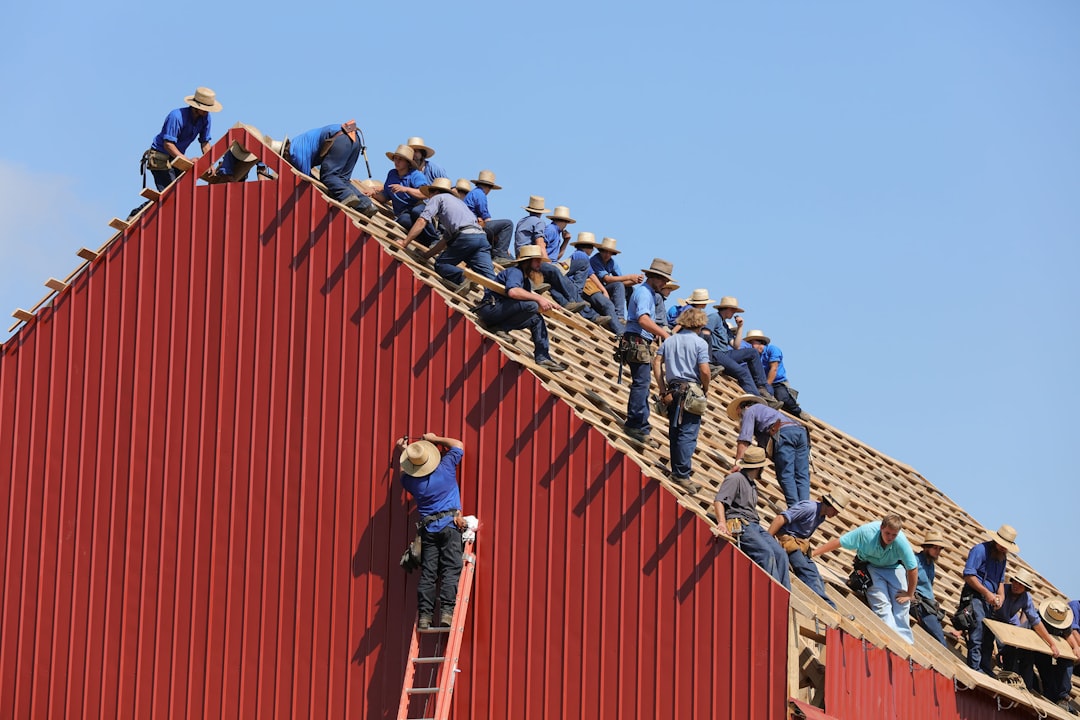Why Do Americans Distrust Our Institutions?
And might deliberation or participation renew those institutions and/or our trust in them?

Background: For years, political scientists have studied Americans’ trust in our democratic and political institutions—Congress, the military, et cetera. Things aren’t great. Americans trust the government less. To pull out just one stunner, 9% of Republicans report confidence in the federal government. But this distrust applies to functionally every institution, with the recent high water mark coming just after September 11th, 2001. Why is an open question. But perhaps regardless greater participation—political, civic, deliberative—could be the path out of our distrust and to institutional renewal.
Why is this happening? A recent Ezra Klein podcast offers two opposing answers. First, as conservative guest Mary Katharine Ham argues, those Americans might be right: Perhaps our institutions are less trustworthy and competent than they used to be.
The second possibility, voiced in part by substitute host Jane Coaston, is that American voters have been told by some political leaders to distrust institutions. The most straightforward example of this, to me, is election security. We don’t have direct evidence of a meaningful amount of electoral funny business, so that can’t be why 1/3 of Americans don’t trust the 2020 election. Instead, they have that belief because they trust leaders (political scientists call them elites) who signaled they should be distrusting.
Going A Little Deeper: In a recent paper, political scientists Henry Brady and Thomas Kent asked a similar question. They used surveys of Americans to argue that:
The decline in trust is specifically about perceptions of a lack of accountability, competence, and responsiveness.
Decline in trust is polarized: “Republicans trust business, the police, religion, and the military much more than Democrats, [who] trust labor, the press, science, higher education, and public schools.”
Both of these, they suspect, has to do with income inequality and segregation.
Brady and Kenny leave open the questing of causation. Paraphrasing aggressively here, they think it’s equal parts these three things:
Americans’ negative experiences with institutions
Increasing inequality and demographic shifts (they say “diversity,” but I think there’s a stronger case that it’s racial resentment that is the problem)
Culture wars that have sucked in and polarized a new set of institutions (think Nike, the NFL, a more liberal Pope, Pepsi, school boards, ESG investing…)
I find myself stuck on, and dissatisfied with the lack of an answer to, the question of why Americans are so distrusting—a starting point for some empirical work, maybe.
Is participation the path out of distrust?
But that stuckness on how we got into this mess doesn’t necessarily mean we can’t find a way out of it.
Singer and activist Joan Baez allegedly said that action is the antidote to despair. Which leads me to wonder: could greater participation be the answer to Americans’ distrust in institutions? And at the same time, spur the renewal of those institutions that are failing?
The backstory might go something like this: as Americans stopped participating in democratic institutions, those institutions performed less well. And at the same time, those now-withdrawn Americans are more likely to casually complain about those institutions, which are now run by someone else. Increasing American participation might work in the other direction, rebuilding both the institutions and our trust in them.
What kind of participation might lower distrust and renew institutions? Based on what little evidence I could find during my lunch break, it seems important to distinguish between three kinds of participation: political participation, deliberative participation, and civic participation.
Political participation—voting, donating to campaigns, volunteering on campaigns—is way up, at the same time that distrust in institutions is going down, in a polarized way. That makes sense to me. Each party has an interest in establishing some punching bag, whether that’s the other side’s big business donors, the government agencies they don’t control, the police, et cetera. So whatever the relationship, I’ll assume for now that greater partisan political participation hasn’t led to more trust in government institutions in the last twenty five years.
Deliberative participation. Another other path, which I’m still learning about and will share more on in a future, is a field of democratic theory called deliberative democracy. Its proponents argue that participation in decision-making itself, rather than just voting for representatives, that changes people. I touched on that briefly here, but it’s also worth reading about this experiment (hosted here in D-FW!):
Civic Participation. Since the publication of Robert Putnam’s 1995 article “Bowling Alone” (later a book), political scientists have been mildly obsessed with the decline of civic participation and “associational life” in the United States. The pandemic, I suspect, turbo-charged this; how many Rotary Clubs have successfully stitched themselves back together in the last two years?
Because I have a day job to get back to, I’ll share here where I’m headed next, in case anyone is curious to pick up the threads:
The Census Bureau has a Volunteering in Civic Life survey that I’d like to explore; AmeriCorps has an interactive page where you can explore the results.
That survey doesn’t get a ton of coverage, it doesn’t look like, but the recent version inspired one WaPo article to examine America’s Friendliest Cities.
Pew Research Center published a report on civic engagement in 2009; I haven’t found an updated version of that yet.
John Gardner, a favorite author of mine, wrote that individual self-renewal was the path to institutional renewal. This Brainpickings/Marginalian article is worth the time, too.
Academically, this article on the link between government performance and trust looks like the most recent article published in well-reputed journal.
More soon. In the meantime, maybe let’s go join something?



